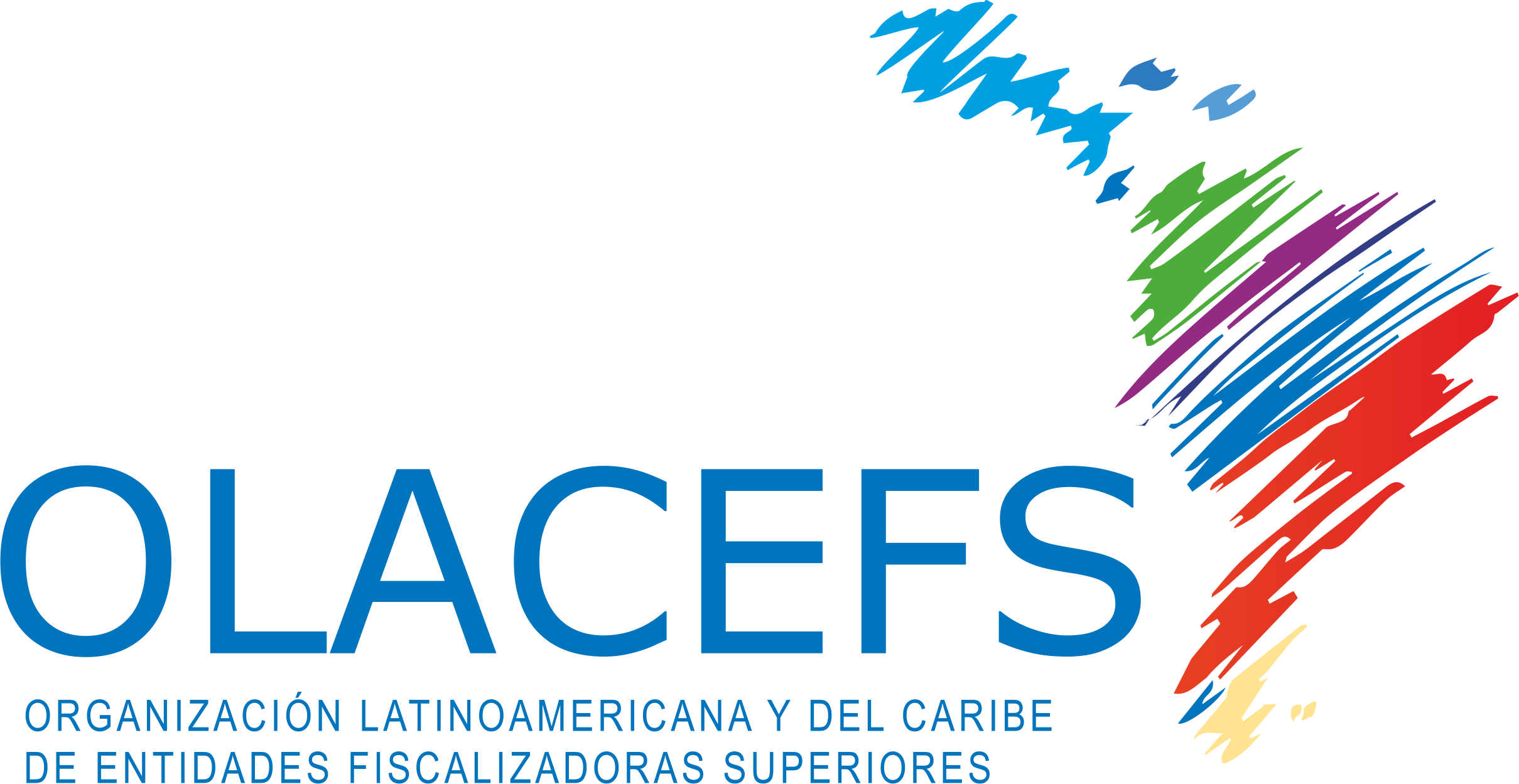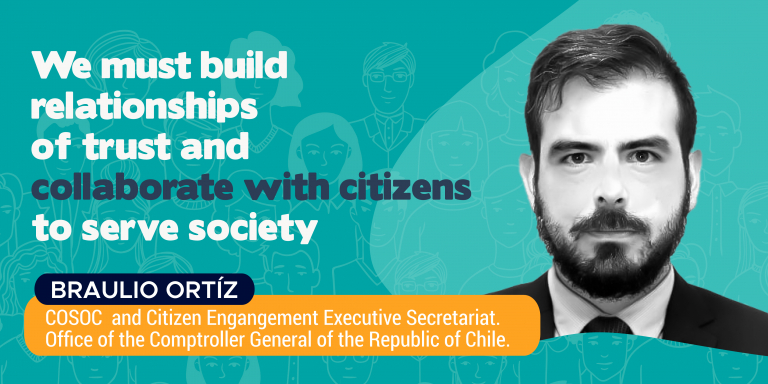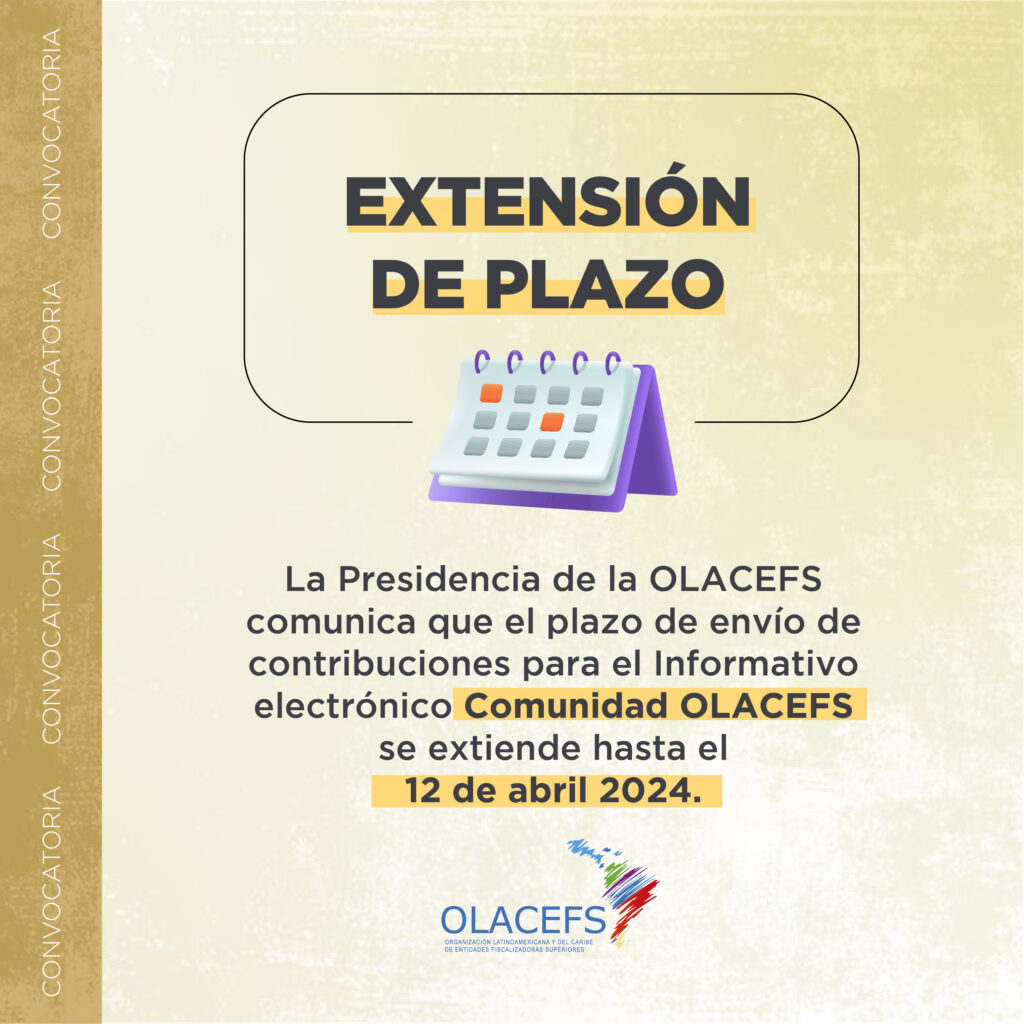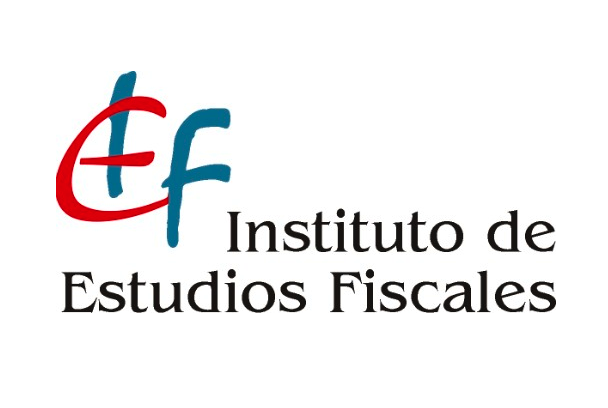Braulio Ortiz Navarro
Executive Secretary of the COSOC-CGR
Head of Technical Secretariat COSOC and Citizen Participation Unit, CGR Chile
The world faces a period of unprecedented changes in terms of cultural and migratory phenomena, scarcity of natural resources, climate crisis, among others and, without a doubt, the fastest are occurring in information technologies and robotics, where the multiplicity of connections has become exponential and with it, the whole society has embarked on a new way of relating. (Oszlak, 2020) Thus, Supreme Audit Institutions find it necessary to adjust their work to the new times where the acceleration of these changes can cause enormous impacts on fiscal control.
These adjustments should be installed in a world that has changed, where “the normality of things” does not predominate since the uncertainty and complexity of the environment, especially in people, are producing obsolescence in certain forms of work, as well as forms of empowerment with which the current social fabric has been built and which led to a need for greater transparency in decisions and accountability in the use of fiscal resources. That is why the relationship with citizens is essential in complex environments and at chaotic times, since the information provided by society is much faster than any control process.
In this uncertainty, it is possible to identify certain ways of doing things that lead to reconfiguring the relationship between citizens and organizations, establishing themselves as natural allies to fight corruption, even though this also presents challenges. First, it must be recognized that it is not so easy to coordinate all the actors to share a single strategy and that, even when it is possible to agree, the resources to carry out consensual actions are limited. On the other hand, it would seem that corruption, through temptations and threats, is faster and manifests itself in a more versatile way than control mechanisms, which is why a joint effort is necessary to take care of everyone’s assets. Finally, it would seem that citizen participation, accountability and transparency are the best tools for enhancing the legitimacy of the institutions, provided that they produce the effects for which they are called upon.
In the case of Supreme Audit Institutions, and especially the Office of the Comptroller General of the Republic of Chile, the need is established to rethink the relationship with its stakeholders, to lead by example and transmit the message to everyone, in a simple way, on the fundamentals of coordinating efforts to combat corruption and the misuse of public resources; therefore, the challenge is to permanently build relationships of trust and collaboration with citizens, being effective and responsible for the collective effort, to serve the whole society through an autonomous audit.
Currently, citizen participation in the Office of the Comptroller is of a strategic nature that permeates the entire organization and where initiatives are increasingly proliferating that determine the willingness of people and civil organizations to collaborate in institutional work, as well as contribute to a culture of probity, even though by law it is not required to have such mechanisms.
Thus, in accordance with this institution’s commitment to the Punta Cana Declaration, in order to achieve the highest standard, a series of measures have been implemented to cover all levels of maturity, coordinating the various initiatives for connecting with citizens, providing them with institutional rationality and strategic vision.
A reflection of this is the massive use of the online complaint form, which includes, on the one hand, the possibility of anonymous audit suggestions and, on the other, the filing of complaints with the possibility of reserving one’s identity. In a general framework, it is possible to visualize an increase in these by 28% between 2018 and 2019, and considering the entire history of the portals, since 2012, the average year-to-year variation is a 41% increase. Also, of the 4,015 audit products of varying complexity carried out last year, 71% originated from citizen complaints.
On the other hand, in terms of care mechanisms, playful strategies have been implemented in social networks for the creation of content tailored to various audiences in order to disseminate audit reports and support content for civic education, duties and rights of officials, among others, achieving a dissuasive effect. At the same time, spaces of Proactive transparency have been developed, providing information of interest on internal budget management in open data format, and complemented with clear language initiatives, such as the Frequently Asked Questions space that consolidates more than 250 questions from the State Administration and the functions of the Office of the Comptroller General.
As for the intermediate level, the Center for State Administration Studies provides an external training structure to collaborate with the administration and the citizenship through various types of courses, free of charge and remotely.
Finally, the existence of the Council of Civil Society Associations and the Community of Citizen Comptrollers has collaborated in opinions and perceptions that have led to working roundtables or workshops which have allowed to improve and co-create initiatives of citizen involvement, managing to generate a new collaborative approach with other spaces for citizen advocacy, promoting an exchange with civil organizations specialized in certain matters and citizenship in general.
Naturally, there are spaces to continue advancing in the relationship with citizens and to continue contributing with the concept of safeguarding public resources. For this, the products must continue to be refined for different users and their instances of participation in the audit cycle, continuing with the commitment to actively participate in the Open Government Roundtable in Chile in its fifth action plan, and deepen coordination of efforts to audit and follow-up on the Sustainable Development Goals.
Bibliography
ISSAI 12 – The Value and Benefits of Supreme Audit Institutions – making a difference to the lives of citizens
Oszlak, O. (2020). The State in the exponential era. Buenos Aires. National Institute of Public Administration
Ramírez, A. and Barria, D. (2020). Citizen participation in the administration of the State Is participatory evaluation a viable alternative? Chilean Journal of State Administration N° 3
About the Author
Braulio Ortiz Navarro is a Master in Government and Public Management and Public Administrator from Universidad de Chile. He currently serves as COSOC Executive Secretary, head of the Citizen Participation Unit, dependent on the Cabinet of the Office of the Comptroller General of the Republic of Chile. He has experience in public sector bodies and supreme audit institutions. In the public sector, he carried out functions in the Ministry General Secretariat of the Government, as an advisor to transparency law. In the field of supreme audit institutions, he has performed functions in the Audit Division and Cabinet of the Comptroller General, establishing the policy of citizen participation of the Office of the Comptroller and its relationship with external stakeholders.





